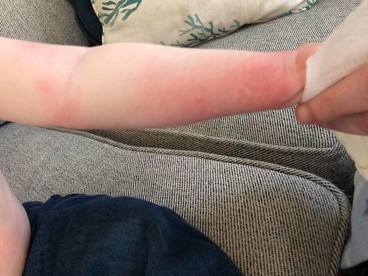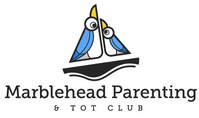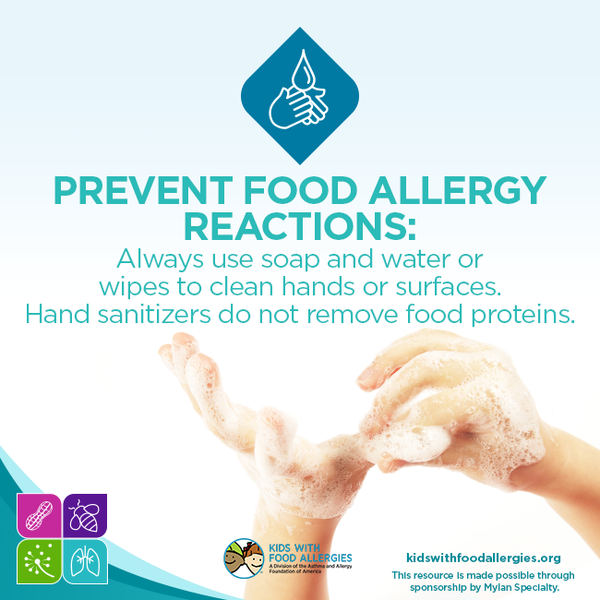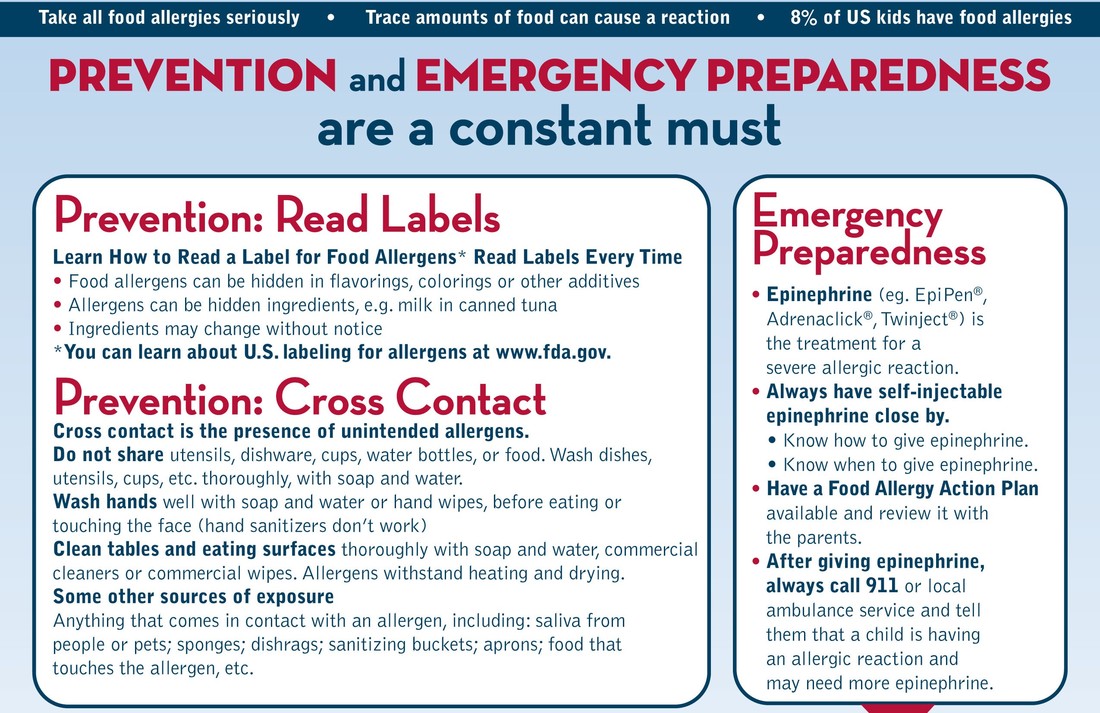 No, it's not your kid. Yes, the child's caregiver is most likely prepared in case of an allergic reaction. BUT, it's so simple and easy for us (parents/caregivers whose kids do not have allergies) to help prevent allergic reactions in children. +We all know that preschools and facilities like Marblehead Parenting, the JCC and the YMCA are nut-free, so we don't pack nuts or nut butter in our kids snacks and lunches. However, it was only when my son started preschool (and started eating peanut butter non-stop), that I realized how dangerous it would be for children with allergies if I sent him off without washing his hands and face. A local mom recently posted on Facebook about an incident that happened to her son. He has several severe allergies including egg. She was just finishing her breakfast (and wiped her hands and face) when her son jumped into her arms. She didn't think in the moment about the potential egg residue that could be on her as she started to get him dressed, and he broke out in hives everywhere that she touched him. Thankfully this reaction was not severe enough to warrant benadryl or an epipen, but the egg residue could have easily gotten into his mouth had he kissed his mama after she had eaten her breakfast. Another incident involved a child in one of our Child Development classes. He also has an egg allergy, and when the children in class began to play in the sensory table, he broke out in hives. One of the children in class had eaten eggs for breakfast hours before, yet the residue managed to remain and make its way through the sensory activity to the allergic child. This was entirely my lack of foresight. Now when I know of a child's allergy, we take special measures and make sure the other children have washed up prior to playing with the same activity. Most contact reactions result in hives. So if a child touches another child who has egg (or other allergens) on their hands the allergic child usually breaks out in hives. However, babies and young toddlers are curious about each other. They like faces and often like to touch each others noses, mouths or eyes, and if there are traces of the allergen (like peanut butter) on the child's finger that gets into one of these orifices, the allergic child can have an anaphylactic reaction - stop breathing and require immediate treatment from an epipen. The most common food allergies in children that can cause anaphylaxis and/or contact dermatitis are:
So I urge you, parents and caregivers, to think about what the children and parents of allergies go through every time they go to a playground or to school or a class with other children. We can take an extra minute before leaving the house to wash our children's hands and faces and make sure their clothes are at the very least egg, nut and fish free before heading out the door. (Please note: my child does not have allergies and I am also educating myself. Please feel free to comment with additions or amendments to this post.) Please see the Cross Contact Section of the following form on other ways to help prevent reactions:
1 Comment
|
AuthorSara Archives
March 2021
Categories |
|
40 Tioga Way, Marblehead MA / [email protected] / 781-990-5254**
**We are only onsite during scheduled activities, email is preferred** |
|



 RSS Feed
RSS Feed
